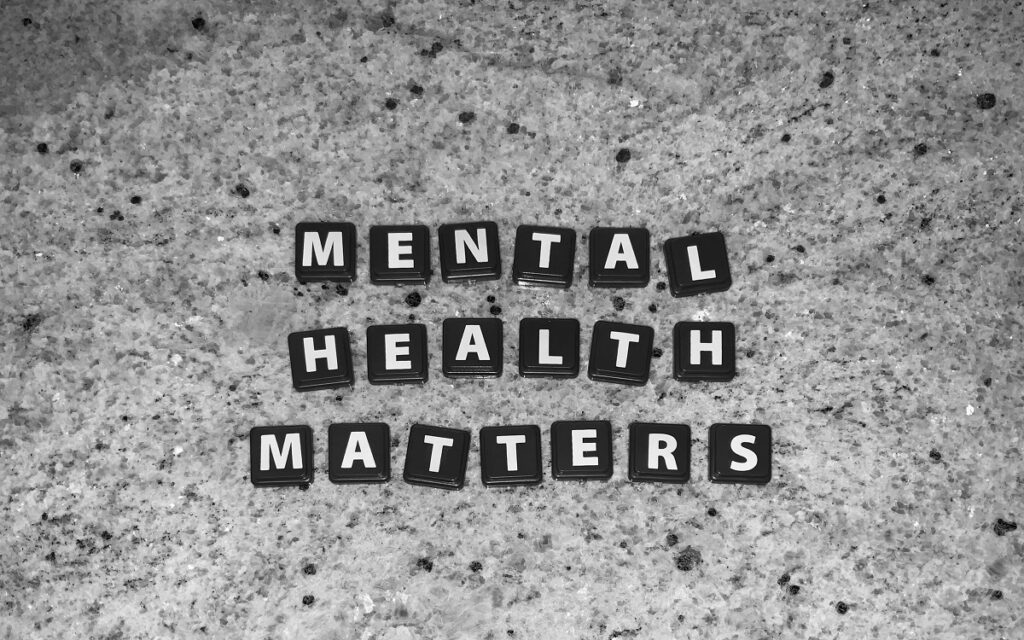
Do you Suffer from Anxiety?
Anxiety is a natural and normal response to stress or a perceived threat. It’s often characterized by feelings of unease, worry, and nervousness. While it’s a common and sometimes helpful emotion, it can become problematic when it becomes chronic, excessive, or uncontrollable. When anxiety reaches this level, it is often referred to as an anxiety disorder.
Anxiety can affect your daily life with physical symptoms, cognitive symptoms, and emotional symptoms. These symptoms may cause you to avoid situations creating social withdrawal, procrastination, and/or reduced quality of life.
Signs you may be suffering from Anxiety Disorder:
- Increased heart rate, muscle tension, sweating, trembling, and even nausea.
- Racing thoughts, difficulty concentrating, and a heightened sense of alertness.
- Intense feelings of fear, dread, or impending doom.
- Feelings of irritability, restlessness, and a sense of being on edge.
- Disruptive sleep patterns, insomnia, or poor-quality sleep.
Signs your child may be suffering from Anxiety
Children, like adults, can experience anxiety, and it may manifest differently in them than in adults. Here are some signs that a child may be suffering from anxiety:

- Physical Symptoms: Anxiety can manifest physically in children, leading to complaints of stomach aches, headaches, muscle tension, or other physical discomforts. These symptoms often have no underlying medical cause.
- Irritability: Anxiety can make children irritable, leading to mood swings and outbursts of frustration or anger.
- Difficulty Concentrating: Anxiety can interfere with a child’s ability to focus and concentrate on tasks, leading to academic or behavioral issues in school.
- Sleep Problems: Anxiety can disrupt a child’s sleep, leading to difficulties falling asleep, staying asleep, or experiencing nightmares.
- Avoidance Behavior: Anxious children may avoid situations, people, or activities that trigger their anxiety. For example, they may avoid going to school, social events, or even certain places or objects.
- Social Withdrawal: Anxious children may withdraw from social interactions, have difficulty making friends, or experience social anxiety in group settings.
- Seeking Reassurance: Children with anxiety may repeatedly seek reassurance from adults or caregivers about their fears or worries.
- Perfectionism: Some anxious children may exhibit perfectionist tendencies, setting very high standards for themselves and becoming distressed if they don’t meet these expectations.
- Excessive Worry: Children with anxiety may worry excessively about everyday events, school, their performance in various activities, or their own safety and the safety of loved ones.
It’s important to note that experiencing some of these symptoms occasionally is normal for children, but if these behaviors become persistent, severe, or significantly interfere with a child’s daily life and functioning, it may indicate an anxiety disorder.
There are several approaches in treating Anxiety Disorder
It’s essential to consult with a mental health professional to determine the most appropriate treatment for your specific situation. Ascend Individual and Family Therapy Services can assess the severity of your anxiety, provide a diagnosis, and work with you to develop a treatment plan to support you. In some cases, a combination of therapies and lifestyle changes may be the most effective approach to manage anxiety and improve daily life.

